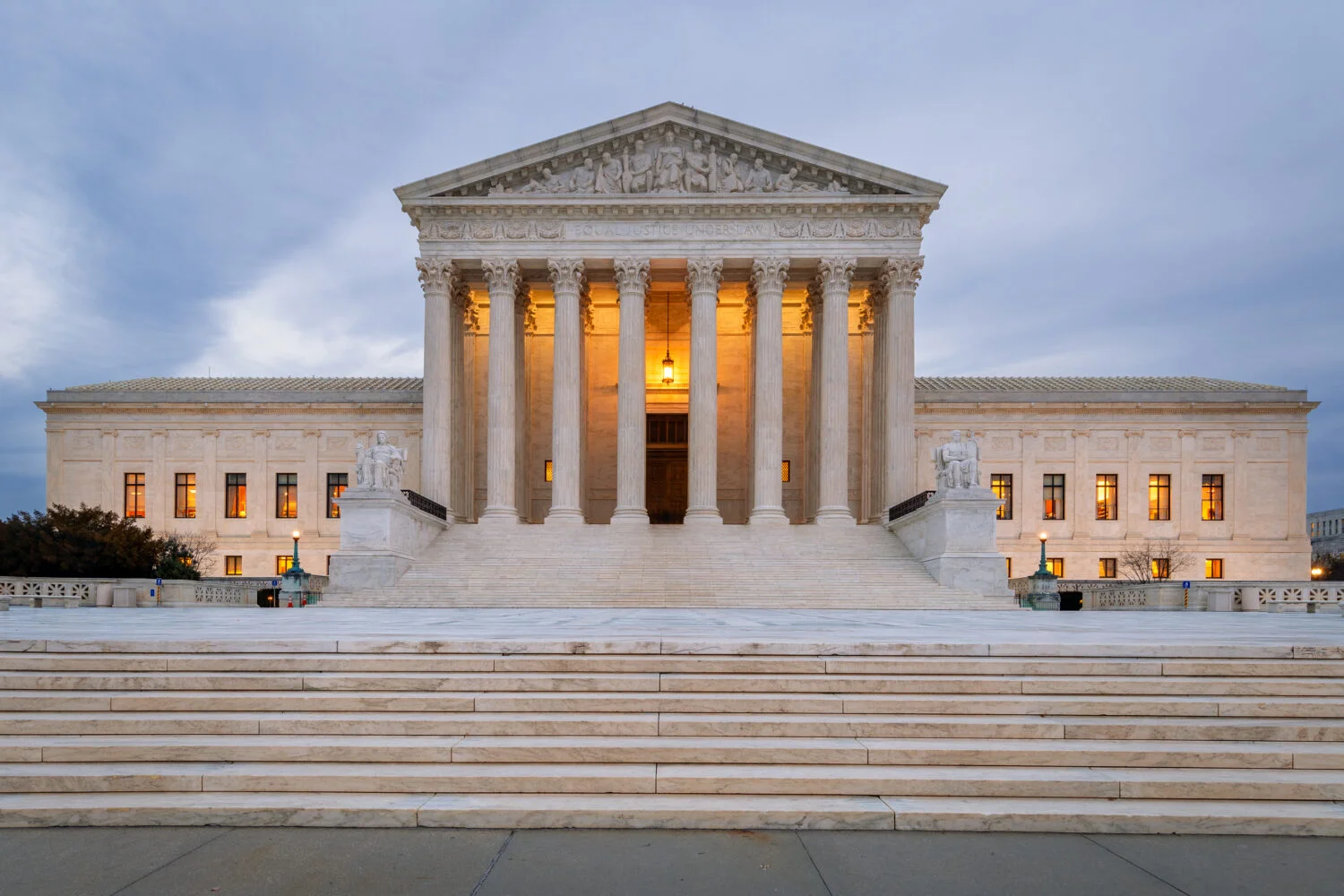MaverickNH
NES Member

Dueling Dictionaries and Clashing Corpora | Duke Center for Firearms Law
The meaning of “…the right to keep and bear arms…” in the Founders’ era will be hotly debated (again) as SCOTUS takes up the NYRPA vs Corlett case. The gun-control advocates are working overtime to confirm that the meaning of the 2ndA in the Founders’ era did not intend that citizens as individuals have the right to carry arms outside their homes. They are using massive databases of scanned & OCR’d documents to prove their point: “… a search of the Corpus of Founding Era American English revealed 281 instances of the phrase “bear arms.” “[O]nly a handful don’t refer to war, soldiering or organized armed action,” suggesting to some that “the natural meaning of ‘bear arms’ in the framers’ day was military.”
Volokh Conspiracy touches on the matter, concluding “Even a somewhat generous reading of the legal corpus linguistics evidence against Heller could still support an individual right to keep weapons, as well as an individual right to use weapons that have some military connection. This might suggest less protection for handguns and more for military rifles (or even for body armor). In other words, perhaps corpus linguistics indicates that Heller erred in denying the military flavor of the Second Amendment right without erring in concluding that it was an individual one.”

Why Corpus Linguistics Does Not Undermine DC v. Heller (Much)
I recently participated in a conference on the application of legal corpus linguistics to the Second Amendment, a topic I've…
Much more was said about what was written centuries ago at A Guest Blog Series from the Center’s Recent Colloquium on Corpus Linguistics and the Second Amendment
I find the fundamental flaw in Corpus Linguistics to be equating what is written with public consensus. While today, the volume and frequency of press (MSM, Tweets, etc.) is totally manipulable (Trump bans, Parler shut-down, etc.), the collected written word may not have reflected public consensus in the Founders’ era, perhaps even more so, as the Press was an expensive bit of hardware with limiting distribution issues. It was not uncommon for a single printed pamphlet or newspaper to be read from a podium to the public. Public consensus was not what was written, but the Yeas and Nays from the listening crowd.



